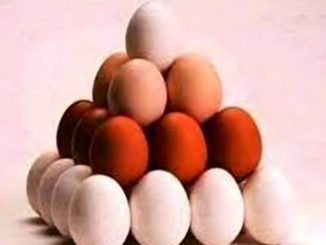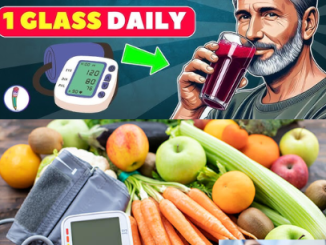Plumbing plays a crucial role in our daily lives, yet much of what keeps our water systems running smoothly is hidden from plain view. Professional plumbers possess a wealth of insider knowledge that can save you time, money, and headaches. In this article, we’ll dive into 12 well-kept plumbing secrets that could transform your approach to maintaining your home’s pipes and fixtures. Ready to become your own plumbing guru? Let’s go!
1. Secret Tools of the Trade: The Plumber’s Arsenal
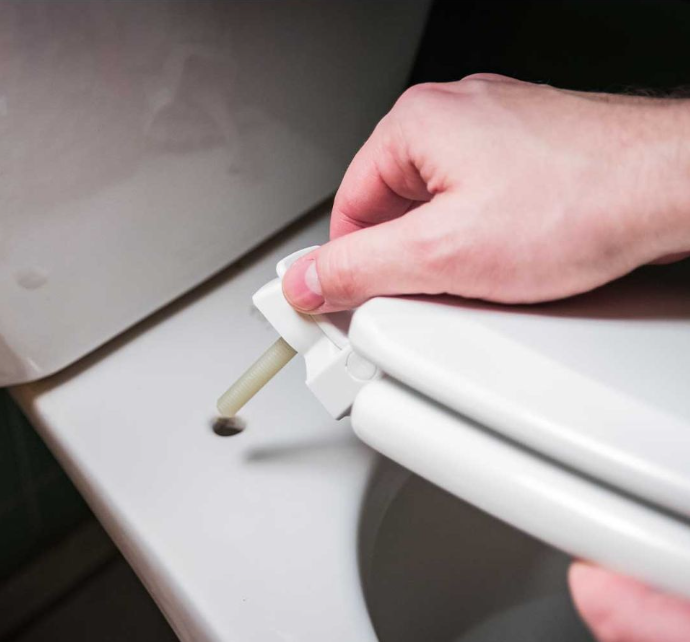
While you might be familiar with common tools like wrenches and plungers, plumbers have a specialized toolkit for tackling tough jobs:
- Plumbing Torch: Essential for soldering pipes and sealing joints, ensuring leak-proof connections.
- Pipe Inspection Camera: This nifty gadget allows plumbers to see inside pipes, detecting blockages or damage without dismantling walls.
- Basin Wrench: Designed to reach awkward places, this tool is ideal for tightening or loosening nuts in tight spots beneath sinks.
These tools aren’t commonly found in the average homeowner’s toolbox but are crucial for efficient plumbing work.
2. Unveiling Tricks for Leak Detection
Leaky pipes can lead to costly damage if not caught early. Plumbers have perfected several tricks to locate leaks quickly:
- Pressure Gauges: Plumbers use these to monitor water pressure. A sudden drop indicates a possible leak.
- Listening Devices: These are used to amplify sounds, helping pinpoint leaks behind walls or under floors.
- Smoke Tests: Plumbers introduce harmless smoke into the plumbing system to reveal hidden leaks, especially in hard-to-reach areas.
Detecting leaks early can prevent water damage and reduce repair costs, making this knowledge extremely valuable.
3. Unknown Ways to Keep Drains Running Smoothly
Clogged drains are a homeowner’s nightmare, but preventing them is easier than you might think. Plumbers recommend these simple techniques:
- Baking Soda and Vinegar: Pouring this combination down drains helps break down buildup naturally, keeping pipes clear.
- Drain Traps: These prevent hair from clogging bathroom drains and keep the system running smoothly.
- Biological Drain Cleaners: Unlike chemical cleaners that can corrode pipes, biological options use natural enzymes to break down debris.
Avoiding chemical cleaners not only preserves your pipes but also promotes a healthier environment.
4. The Art of Quieting Noisy Pipes
Have you ever heard your pipes rattle or bang? It’s not just annoying—it could signal bigger issues. Plumbers use specific methods to silence these noisy pipes:
- Water Hammer Arrestors: These devices absorb the shock when valves close quickly, preventing the “water hammer” noise.
- Pipe Insulation: Wrapping pipes with foam insulation reduces vibration and minimizes rattling sounds.
- Securing Loose Pipes: Clamps are used to secure loose pipes, eliminating unwanted banging noises.
These techniques not only make your home quieter but also help extend the lifespan of your pipes.
5. Little-Known Techniques for Extending Water Heater Life
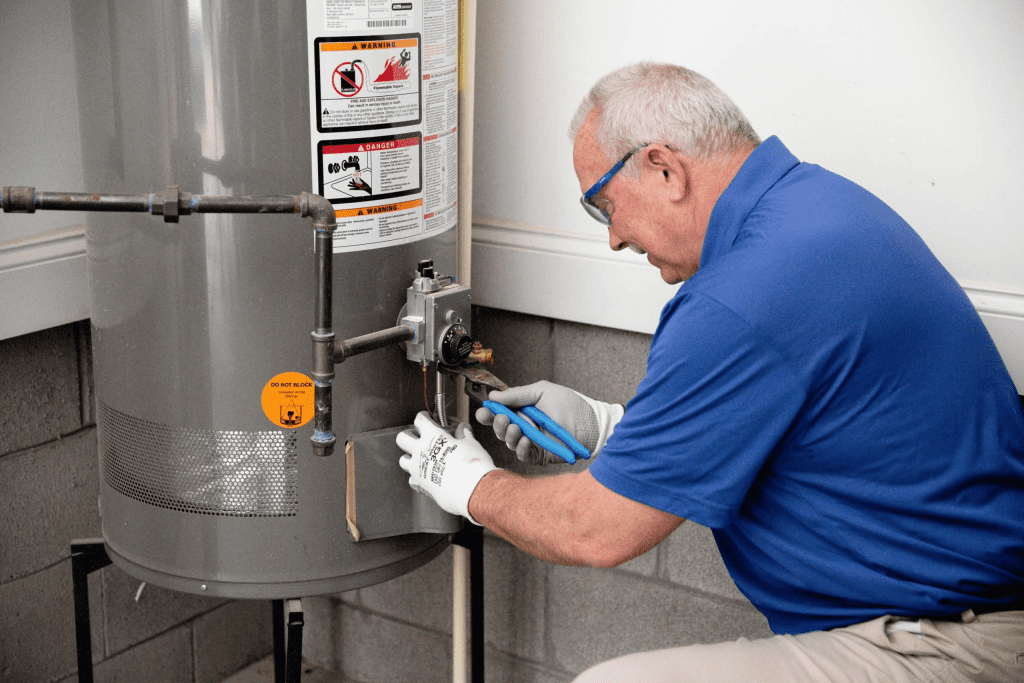
Water heaters are a major household investment, so maintaining them is key. Plumbers recommend these strategies:
- Drain the Tank Annually: This helps remove sediment buildup, improving efficiency and extending the heater’s lifespan.
- Install an Anode Rod: This device prevents corrosion inside the tank, keeping it in good condition.
- Set the Thermostat to 120°F: This temperature saves energy and reduces the risk of overheating.
Following these tips can keep your water heater running efficiently and prevent sudden failures.
6. Factors Influencing Plumbing Costs That Few Consider
Ever wonder why plumbing costs vary so much? Here are factors that plumbers take into account:
- Accessibility: The harder it is to reach the problem, the more it will cost to fix.
- Age of Your Home: Older homes may have outdated plumbing that requires more labor to repair or replace.
- Local Building Codes: Compliance with local regulations can affect costs, especially for larger projects.
Understanding these factors can help you plan and budget for plumbing projects more effectively.
7. Advanced Methods for Preventing Pipe Freezing
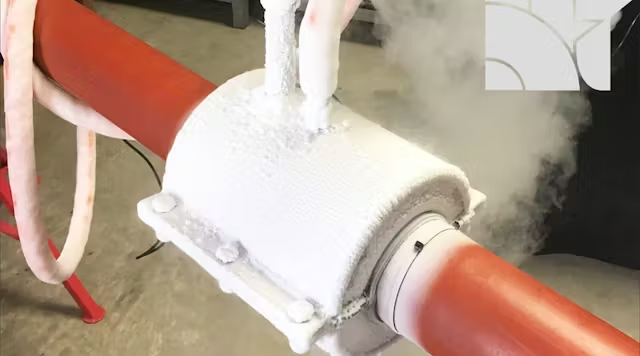
Frozen pipes can lead to bursts and expensive repairs. Plumbers use several strategies to prevent this:
- Foam Insulation: Wrapping pipes with foam sleeves is a simple but effective method.
- Heat Tape or Cables: These provide additional warmth to exposed pipes in extremely cold weather.
- Keep the Heat On: Even in unoccupied homes, setting the thermostat to at least 55°F prevents freezing.
Taking these precautions can save you from dealing with the mess and cost of burst pipes during winter.
8. Secrets to Effective Water Pressure Management
Water pressure that’s too high or too low can cause problems. Plumbers manage it through these techniques:
- Pressure-Reducing Valves: These devices help stabilize high water pressure, protecting fixtures from damage.
- Pipe Flushing: Clearing sediment buildup improves water flow and helps maintain consistent pressure.
- Check for Leaks: Leaks can cause drops in water pressure, so regular checks ensure optimal system performance.
Managing water pressure effectively ensures a well-functioning plumbing system and minimizes wear and tear on appliances.
9. Surprising Uses for Plumbing Tape
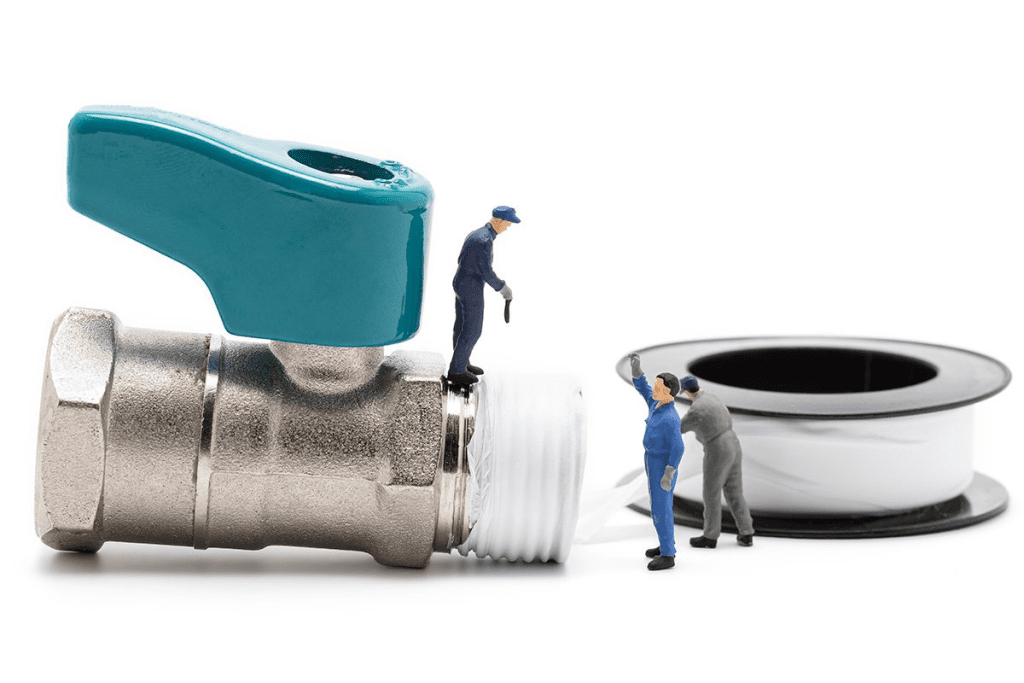
Plumbing tape, especially Teflon tape, has many uses beyond sealing pipe joints:
- Temporary Fix for Leaks: In a pinch, it can be wrapped around a leaking area until a permanent solution is in place.
- Preventing Drips: Wrapping it around faucet threads helps create a tighter seal, preventing leaks.
- Showerhead Seals: Applying tape to showerhead threads ensures an airtight, leak-free connection.
Knowing how to use plumbing tape effectively can be a quick fix for common plumbing problems.
10. Efficient Plumbing Practices for Eco-Friendly Homes
Plumbers are embracing eco-friendly practices to conserve water and energy:
- Low-Flow Fixtures: Installing water-efficient toilets and showerheads reduces consumption.
- Rainwater Harvesting: Collecting rainwater for non-potable uses like irrigation saves both water and money.
- Tankless Water Heaters: These heaters warm water on demand, eliminating the energy waste of maintaining a full tank.
Adopting these practices not only benefits the environment but also lowers utility bills.
11. Insider Tips for Selecting the Best Plumbing Fixtures
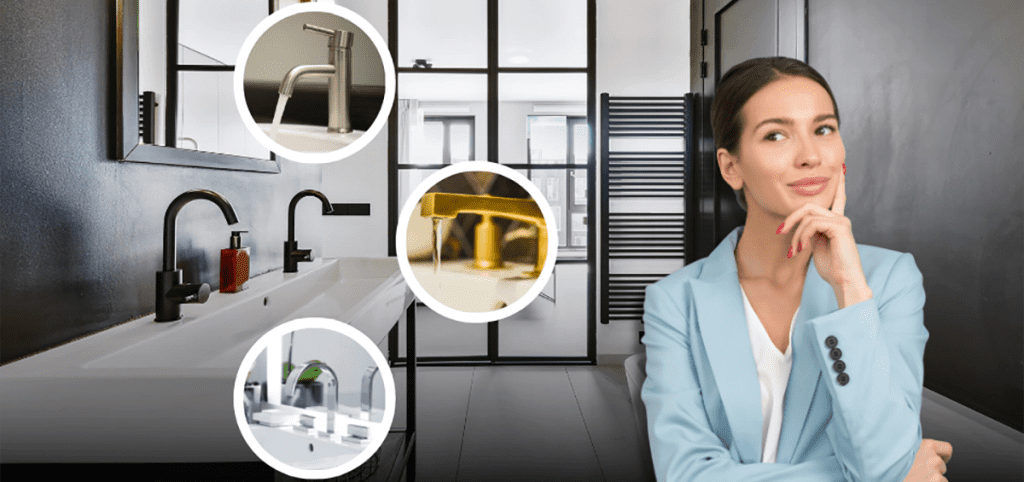
Choosing the right fixtures involves more than just looks:
- Material Matters: Brass fixtures offer better durability and longer life than plastic ones.
- Ceramic Disk Valves: These ensure a leak-free operation and are more reliable than other valve types.
- Look for WaterSense Labels: These fixtures meet water efficiency standards, reducing overall water use.
Taking time to choose the right fixtures can enhance both functionality and longevity.
12. The Importance of Regular Plumbing Maintenance
The final secret is simple but often overlooked: routine maintenance. Regular checks by a plumber can:
- Catch Problems Early: Identifying issues before they become major repairs saves time and money.
- Improve System Efficiency: Routine maintenance keeps your plumbing running smoothly.
- Extend System Lifespan: Preventive care prolongs the life of your pipes, fixtures, and appliances.
Maintaining your plumbing system can prevent unexpected breakdowns and costly repairs.
Conclusion: Embracing Plumbing Secrets for a Better Home
Plumbing involves more than just fixing leaks—it’s about understanding the intricacies that keep your home running smoothly. By uncovering these 12 plumbing secrets, you can take better care of your system, save money, and even contribute to a more sustainable lifestyle. Knowledge is power, and in the case of plumbing, it’s also peace of mind.
